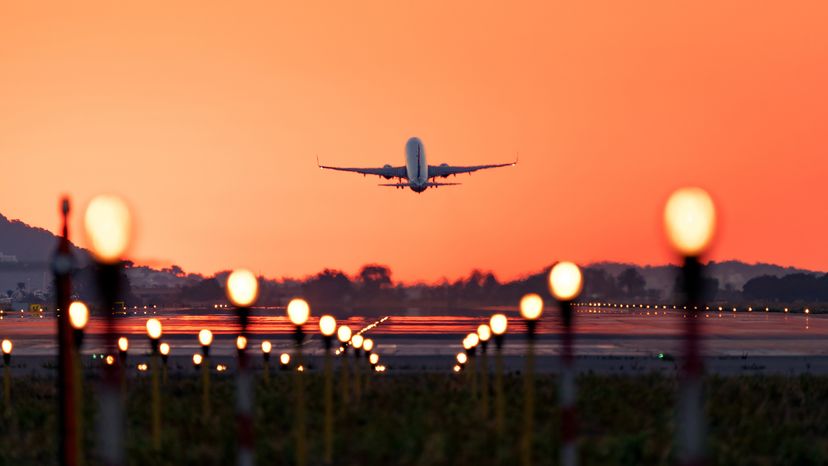According to an FBI press release, Russell's crash was intentional. "If the pilot had wanted to avoid impact with the ground, he had time and energy to pull the column back, raise the nose and initiate a climb," the press release reads. So why didn't he?
Russell's death came as a shock to his family, and questions remain about his motivations. Here's what we do and don't know about the incident.
Did Russell Know How to Fly a Plane?
Russell did not have a pilot's license or any formal flight training. However, through his job, he had basic knowledge of how to start a plane.
When an air traffic controller asked Russell if he felt comfortable flying the plane, he responded: “It’s a blast, man. I played video games before so, you know, I know what I’m doing a little bit.” According to the FBI, Russell also searched for flight instructional videos online, but his flight knowledge was limited.
When an air traffic controller asked Russell if he was able to tell his altitude, Russell said, "I have no idea what all that means, I wouldn’t know how to punch it in."
Was Russell's Death Intentional?
Russell's death was ruled a suicide. After its investigation, the Medical Examiner’s Office noted that “there is sufficient evidence to conclude that the death was intentional.”
Russell made several statements during the flight that suggested his intention to crash, including "I'm gonna try to do a barrel roll and if that goes good, then I'm just gonna nose down and call it a night."
Did Russell Have an Accomplice?
No, Russell worked alone to steal and crash the aircraft. According to the FBI, "extensive investigative activity failed to reveal any additional subject(s) involved in the planning or execution of the unauthorized flight."
Why Did Russell Steal and Crash the Plane?
Although Russell's motivations remain unknown, there are several theories as to why he may have stolen and crashed the aircraft.
- Fear of imprisonment: During the flight, Russell expressed concern about the legal consequences of his actions: "This is probably like jail time for life, huh? I mean I would hope it is for a guy like me," he told air traffic control.
- Fuel anxiety: Throughout his flight, Russell expressed concern that he would run out of fuel, or that something was wrong with his plane. "I’ve got to stop looking at the fuel because it’s going down quick," he said.
- Physical discomfort and disorientation: Russell experienced lightheadedness and dizziness during his flight and even threw up at one point.
- Mental health issues: Although the FBI investigation did not find evidence that Russell was suicidal prior to his flight, he hinted at mental health struggles while in the air: “Just a broken guy, got a few screws loose, I guess. Never really knew it until now.”
Did Russell Like His Job?
Russell enjoyed the travel benefits of his job with Horizon Air, including trips to Alaska to visit his family.
But he also complained about being underpaid: Russell's team was paid below SeaTac's standard $15 minimum wage, a fact he mentioned while in the air: “Minimum wage, we’ll chalk it up to that. Maybe that will grease some gears a little bit with the higher-ups.”
If you or someone you know needs help, dial 988 or text SAVE to 741741. The following recommendations come from the 988 Lifeline.
Warning signs of suicide include:
- Talking about wanting to die, feeling hopeless, having no purpose, feeling trapped, experiencing unbearable pain or being a burden to others
- Looking for a way to kill oneself
- Increasing the use of alcohol or drugs
- Acting anxious, agitated or reckless
- Sleeping too little or too much
- Withdrawing or feeling isolated
- Showing rage or talking about seeking revenge
- Displaying extreme mood swings
If someone you know exhibits warning signs of suicide:
- Do not leave the person alone.
- Remove any firearms, alcohol, drugs, or sharp objects that could be used in a suicide attempt.
- Call the Suicide and Crisis Lifeline by dialing 988.
- Take the person to an emergency room, or seek help from a medical or mental health professional.
